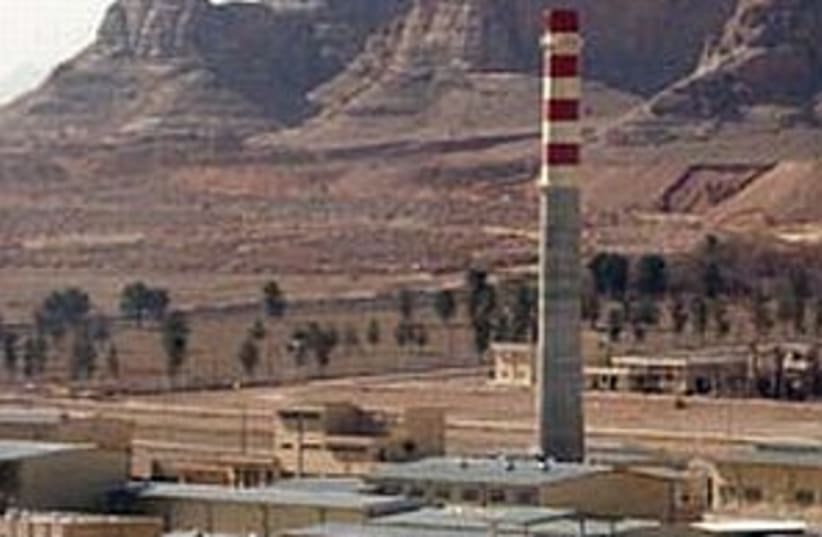| More about: | Iran, Mahmoud Ahmadinejad, Benjamin Netanyahu, United States |
Iran plans to build two more nuclear power plants
Russia, which built the Bushehr reactor, has offered to build more nuclear plants in Iran.


| More about: | Iran, Mahmoud Ahmadinejad, Benjamin Netanyahu, United States |